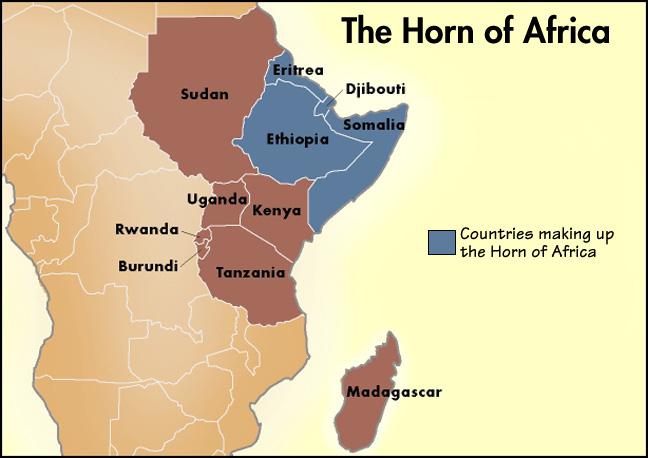
27
Jan
Power and Peril in the Horn of Africa: Can the Horn of Africa Avert a Descent into Chaos?
The Horn of Africa, encompassing Ethiopia, Somalia, Eritrea, Djibouti, & parts of Sudan, is a volatile region shaped by political instability & competition for control over resources. Its strategic location between the Red Sea & the Gulf of Aden has made it a focal point for global & regional powers. However, the conflicts in the Horn are deeply rooted in interconnected issues such as water security, political instability, & the struggle for regional dominance.
At the center of this geopolitical tension is the rivalry b/n Egypt and Ethiopia over the Nile River and the Grand Ethiopian Renaissance Dam (GERD). The Nile provides over 97% of Egypt’s freshwater, & while Egypt and Sudan have historically held significant control over its waters, Ethiopia’s construction of GERD threatens this balance. For Ethiopia, the dam represents economic growth and energy independence, while Egypt sees it as a threat to its water security. Despite years of negotiations, no binding agreement has been reached, and tensions remain high.
Ethiopia, with its large population and growing economy, has aimed to establish itself as the dominant regional power. By forming closer ties with neighboring countries like Somalia and Eritrea, Ethiopia seeks to strengthen its influence while countering Egypt’s dominance. Egypt, in turn, has sought to maintain control in the Horn through partnerships with Sudan and the Gulf monarchies. However, Ethiopia’s rising influence, supported by alliances with Turkey and Eritrea, directly challenges Egypt’s position. The recent Ethiopia-Somalia agreement, facilitated by Turkey, has raised concerns in Egypt about the shifting power dynamics in the region.
The agreement focuses on enhancing security cooperation, economic integration, and addressing common challenges such as border security and counterterrorism. Turkey’s role in brokering the deal highlights its growing interest in the Horn, with military presence and investments in Somalia. By mediating the Ethiopia-Somalia pact, Turkey strengthens its position as a key regional actor, further complicating the already intricate relationships in the region.
For Somalia, the agreement with Ethiopia offers an opportunity to improve internal security and economic stability, particularly in the face of the ongoing Al-Shabab insurgency. Joint military operations, intelligence sharing, and coordinated efforts to disrupt Al-Shabab’s networks could be among the outcomes. However, Somalia’s growing ties with Ethiopia may strain relations with other regional powers like Kenya and Djibouti, which may see the agreement as a challenge to their interests.
Kenya, with its complex history with Somalia, particularly over border disputes, may view the Ethiopia-Somalia agreement as an attempt to sideline its role in regional security. Egypt, too, is concerned about the impact of the growing Ethiopia-Somalia ties, especially with Turkey’s involvement. While Cairo has emphasized the importance of regional stability, it sees the agreement as a potential erosion of its influence.
The situation in the HoA extends beyond regional dynamics, with broader global implications. Climate change is exacerbating water scarcity, and competition for resources like water is likely to intensify, heightening the risk of conflict. The GERD symbolizes this struggle for control over vital resources and the complex interplay b/n sovereignty, development, and resource management.
For lasting stability in the HoA, the region’s stakeholders must overcome narrow self-interests and embrace cooperation. Achieving peace and prosperity will require sustained negotiations, external mediation, and political will. If the Horn cannot navigate its complex challenges, it risks further instability, with dire consequences for the region and the broader international community. The future of the Horn remains uncertain.
By @MohammedSa32504

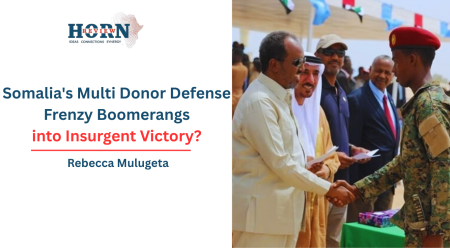
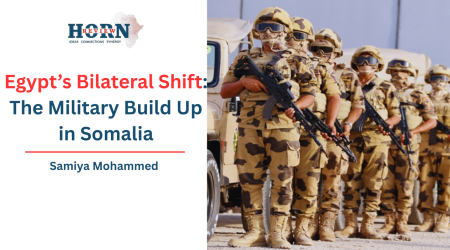

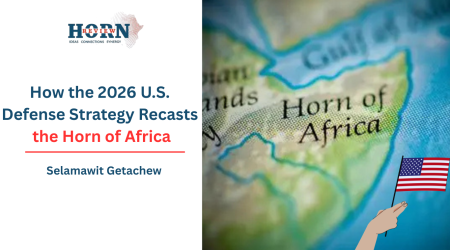
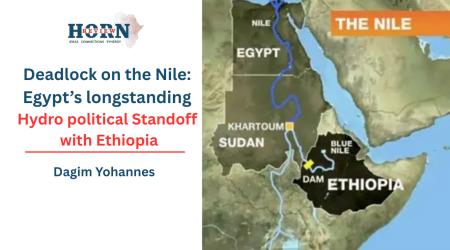
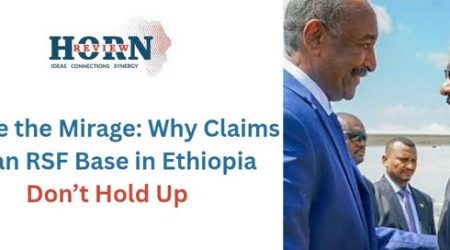
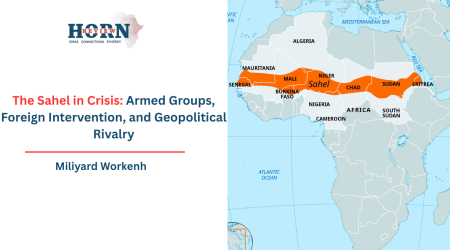
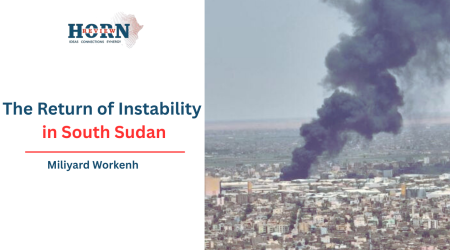

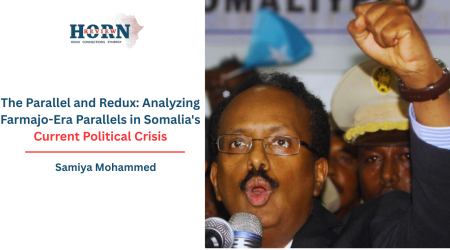
Comments (2)
Hello, after reading this amazing piece of writing i am
as well cheerful to share my knowledge here with mates.
I like the valuable information you provide in your articles.
I will bookmark your weblog and check again here regularly.
I’m quite certain I’ll learn many new stuff right here!
Best of luck for the next!